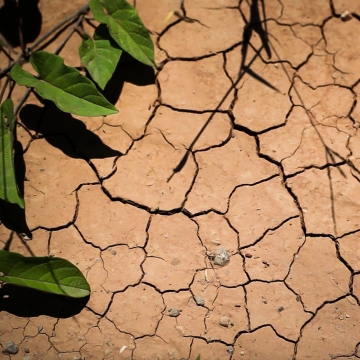Addressing rebound effects in transport policy – Insights from exploring five case studies
Although rebound effects are well-known as a phenomenon, the question of how to avoid and minimize rebound effects have largely been ignored in practical policy. In this study, five concrete cases of measures and policies in the transport sector illustrate primary effects, rebound effects and possible strategies to avoid or minimize rebound effects. The cases were explored and analyzed in a series of workshops involving in total 15 researchers and societal actors.
